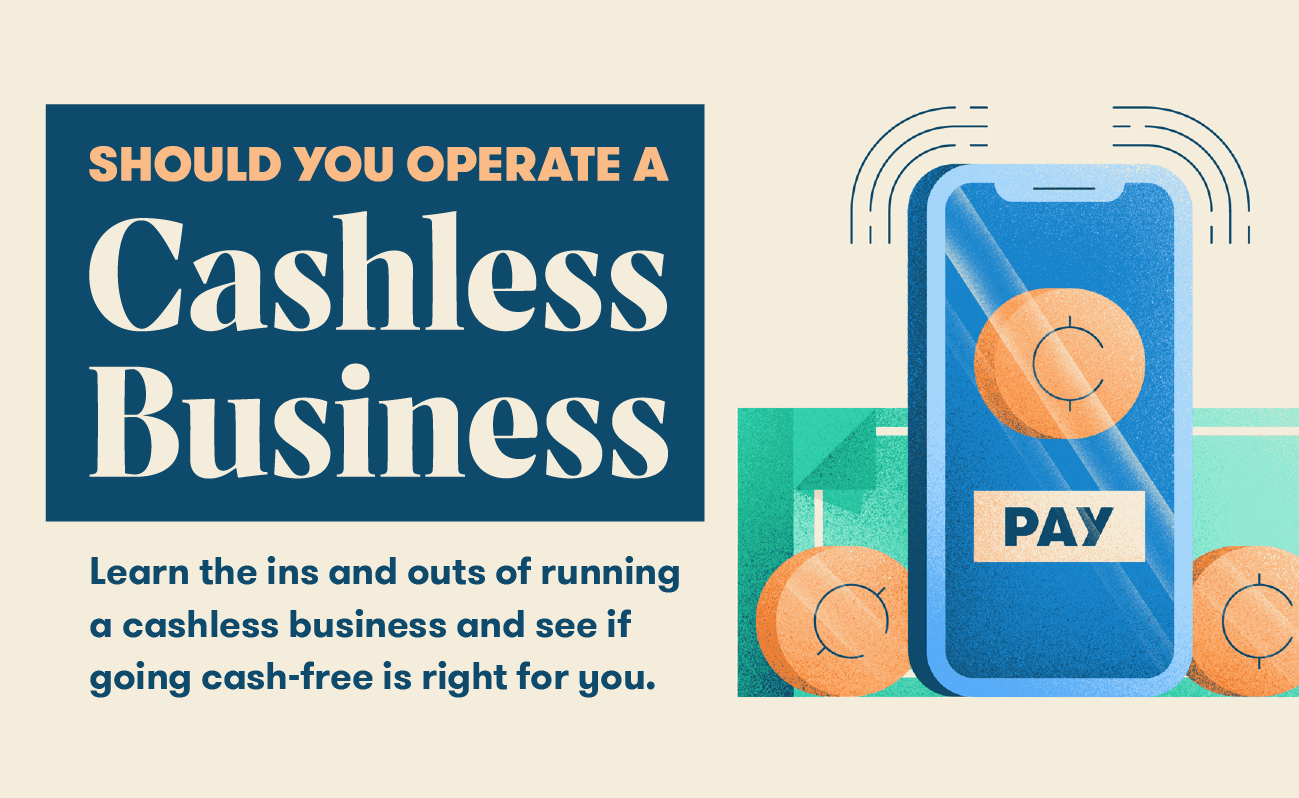Amazon Go. Sweetgreen. Dos Toros Taqueria. Mercedes-Benz Stadium (home to the NFL’s Atlanta Falcons). These are all businesses that have ditched cash transactions. And it should come as no surprise that businesses are increasingly opting to go cashless as the annual number of non-cash payments in America surpasses 120 billion, according to the Federal Reserve, and the number of people using cash dwindles. Only about one in four Americans carries cash, and an estimated 74% of transactions are non-cash.
Q3 2019 hedge fund letters, conferences and more
Some large financial services companies, like Visa, have even begun offering restaurants as much as $10,000 to stop accepting cash entirely. Clearly, credit card companies and tech companies that offer payment solutions like Apple Pay and Venmo have an incentive to steer the public away from cash. But what are the benefits and drawbacks for businesses who go cashless?
Cashing in on Going Cashless
There’s no question that going cashless can make your business run more smoothly and eliminate a ton of headaches that come with processing cash.
Cash, of course, must be counted every day (a task that the average retailer spends about 4 hours each day on). Employees, especially younger ones, must be trained on how to operate cash registers. Armored trucks (or business owners) must pick up the cash and deliver it to the bank. Counterfeit currency detection company Fraud Fight estimates that businesses lose as much as $10,556 per year on counting money alone.
Then, there are the security concerns. Not handling cash and posting signs that your business does not carry cash can discourage burglars. Fewer than 10% of small businesses experience burglaries, but owners often say that eliminating cash from the equation makes them feel safer.
Finally, and perhaps most importantly for your customers, going cashless is faster and more efficient. Processing mobile payments is almost instantaneous, and it is not dependent on the customer who can’t seem to find where she put her $5 bill or the clerk who must make change manually when the cash register crashes.
Going Cashless Can Also Cost You
A big reason why there has been so much backlash with the cashless business trend is because ditching cash can exclude potential customers.
It’s estimated that around 7.5% of the population does not have a bank account. And those making $30,000 per year or less are four times more likely to make all or most of their purchases with cash than those who make $75,000 or more per year.
Then, there is the cost to businesses. Those businesses that have never accepted credit card payments before will need a reliable merchant account provider and will need to be prepared to pay credit card processing fees, which are typically between 2% and 4%. Businesses may not be able to make money on small transactions if they are stuck with large transaction fees.
Others worry that, as more businesses go cashless, credit card companies will become more powerful and raise their fees. The top 10 credit card companies already control 90% of the market.
Finally, many customers have come to appreciate the anonymity that cash brings. Businesses that switch exclusively to digital payment methods will have greater access to customers’ data, and that worries some.
Other Considerations
There’s no one-size-fits-all answer as to whether your business should go cashless. Some cities, like Philadelphia, have banned cashless businesses altogether. It’s possible that other cities will follow.
Also, consider the average transaction amount of your business. If it’s $10 or even $25, it might not be worth it to go cashless. Or, if you own a coffee shop, consider the fact that 32% of customers prefer using cash to credit or debit card options.
Check out Fundera’s infographic on the pros and cons of going cashless and some alternatives to consider:






